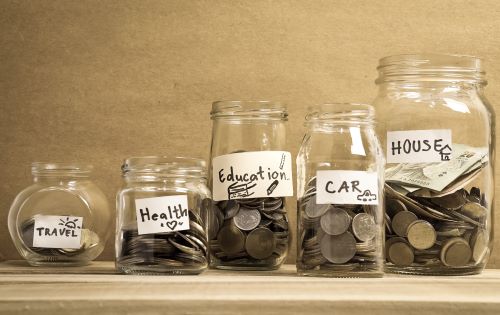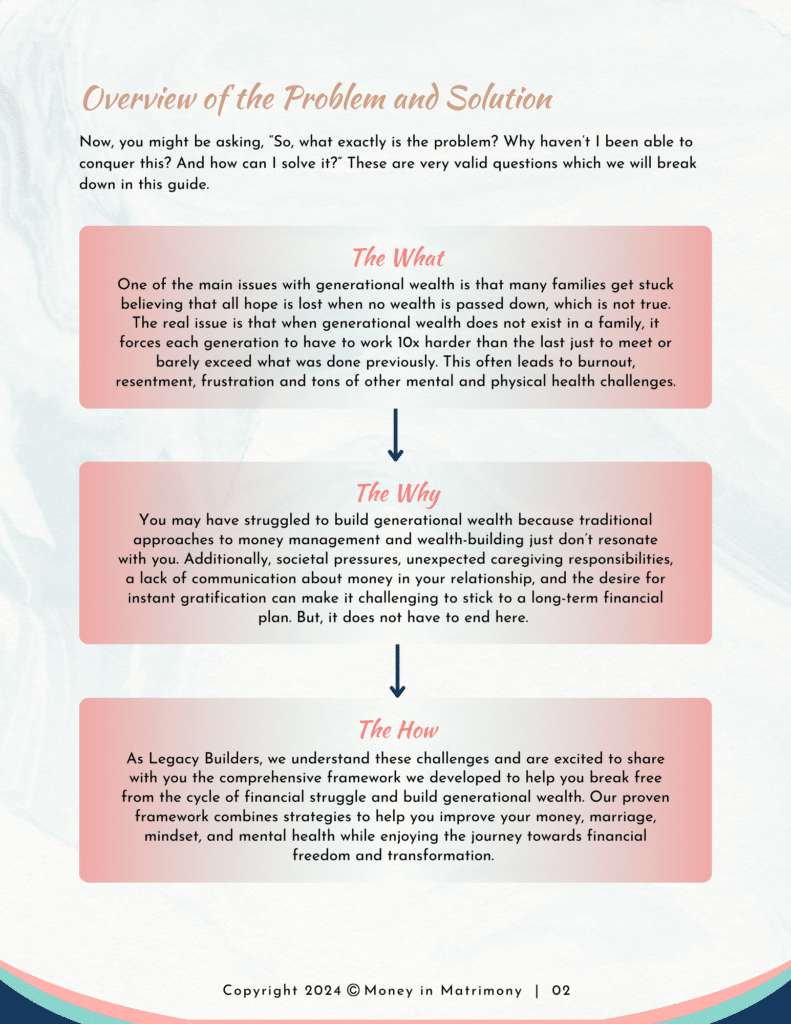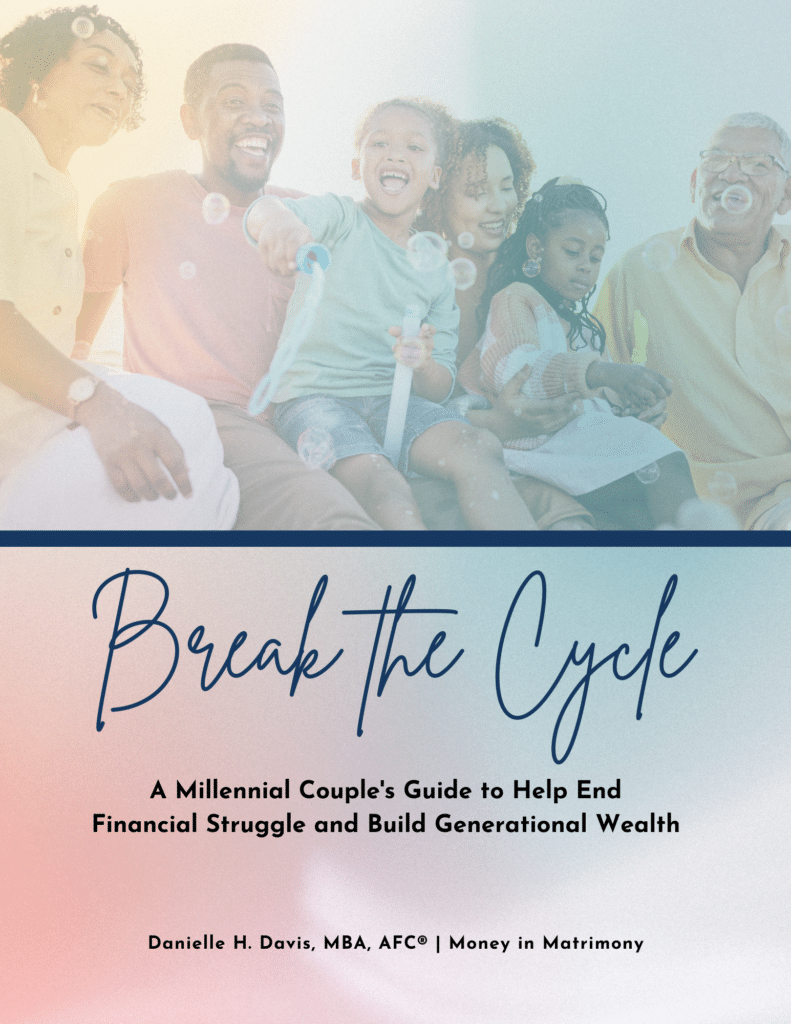7 Simple Ways to Get Your Finances on Track After a Setback
This post may contain affiliate links which means that I will receive a small commission for purchases made through those links, at no cost to you.
No one can deny that we are living in unprecedented times! With thousands of job losses and people leaving this earth every hour, it should be no surprise that many are suffering both mentally and financially. This pandemic has touched us all in some shape, form, or fashion. If you are fortunate enough to still be working and receiving full salary and benefits, then please do consider it a blessing. However; if you have been knocked down, and are struggling to find your footing again, then here are 7 simple ways to get your finances on track after a setback:
- Change your mindset
- Write down your financial goals
- Listen to a motivational podcast
- Create a realistic spending plan
- Earn extra income
- Create a debt payoff plan
- Plan for the future

7 SIMPLE WAYS TO GET YOUR FINANCES ON TRACK AFTER A SETBACK
1. Change your mindset
Although this might be one of the most challenging times in your life, it is important to stay positive and remain grateful for what you do have. Improving your mindset is critical during this time. Don’t lose hope! You have to affirm yourself and declare victory over your finances. Releasing any feelings of scarcity or lack will only help you to overcome your current situation. Another way you can change your mindset is by reciting positive affirmations. Here are a few of my favorite financial affirmations:
- “I am able to handle financial challenges with grace and courage.”
- “The financial seeds that I have sown in the past will come back to me.”
- “I have an open line of communication with my spouse regarding money.”
- “I believe that my financial future will be better than my past.”
- “All of the anxiety that I currently feel about money is being released.”
- “I will no longer succumb to a scarcity mindset.”
- “I have more money coming in than what’s going out.”
2. Write down your financial goals
Throughout my blog and on social media, I have mentioned how important it is to write down your long- and short-term goals. It is so important that I wrote an entire blog post on this topic. I talk about using S.M.A.R.T Goals and I even give you a few examples of how to actually set goals that work. If you don’t write down your goals, there’s no way that you will have a clear picture of where you are trying to aim! Don’t miss out on an opportunity to get your finances on track by not writing down your financial goals.

3. Listen to a motivational podcast
Several years ago, I stumbled upon a financial podcast that forever changed my life. My husband and I implemented what we learned and today we are in a much better financial position than we were during that time. We listened, learned, then implemented, which yielded a result of increased income, and today 100% of our non-mortgage debt is paid in full.
If you are ready to dive in, then download any of the following apps to begin listening to podcasts. Feel free to use apps such as Apple Podcast, Stitcher, Castbox, or Spotify. YouTube is also an option to watch and/or listen to podcast episodes if you are not interested in downloading any new apps.
4. Create a realistic spending plan
Now more than ever, evaluating your spending plan will be of the utmost importance. It actually might make sense for you to begin living on a bare-bones budget in order to play catch up. This type of budget only allows for the essential items needed to live, no extras!
Categories included in a bare-bones budget might consist of giving (tithe/offering), housing, utilities, groceries, transportation, health, and insurance. Anything that does not fall into one of these categories should probably be eliminated. However; you have to choose the items which are essential to you. Remember that you can always add your luxuries back into your spending plan at a later time once your financial situation improves.
5. Earn extra income
I know that you’ve just experienced a setback, but it is crucial for you to get back out there and find additional ways to earn extra income. Take a day or two to just put some things into perspective, but then get to work! Some of the ways you might be able to earn extra income might include picking up an extra job, charging for your gifts and talents, and selling some stuff. Let’s break this down.
Pick up an extra job
No matter what’s going on in the economy, there will always be a need for certain types of workers. Think outside of the box to find opportunities to earn extra income. Find something that will allow you to bring in some money to your household, while also not compromising your values or health.
Charge for your gifts and talents
Monetizing your gifts is one of the easiest ways to earn income. Can you teach others to sing, play the piano, sew, knit, swim, bake desserts, or braid hair? If you are already doing something you love for free, then why not charge for it? On the other hand, if you aren’t currently doing anything, then take some time to think about what you are good at. What is it that you love doing and would do it for free if you could? Once you determine what that is for you, then do some research, hone in on your craft and put yourself out there. Charging for your talents will certainly help you to bring in some quick cash.
Sell Stuff (Declutter your Home)
Every weekend throughout the month of May, I’ve been decluttering one area of my home. So far, I have gotten rid of some clothes and some other junk I no longer needed. Since some of these items are still in decent condition, my goal is to sell them via a few online marketplaces.
The next task I will conquer is sorting through all of my baby’s toys, shoes, and clothes that she no longer uses or wears. Then, I plan to also sell these items on places such as Nextdoor or Poshmark. I’ll probably save the garage for last. Even though it might be a goldmine, it’s going to take a lot more work compared to the areas inside the house.

6. Create a debt payoff plan
After you have finally overcome your setback, it’s going to be critical that you immediately create a debt payoff plan. Regardless of having a financial setback or not, creating a debt payoff plan is essential for all financial situations. By eliminating debt, you in return, free up income that can be used to knock out more debt, build your emergency fund, invest or do whatever you please with it.
If you are currently in a position in which you are behind on debt payments, call your creditors to ask for reductions in interest rates. In addition, ask if they can delay any future payments. Then, do your best not to increase the debt you currently have through the use of credit cards, loans, etc. If you have a true emergency, try to find alternative ways to pay for it rather than using a credit card or taking out a loan.
7. Plan for the future
Planning for the future is also going to be another key element at this stage of the game. In order to begin the process, set up free accounts for your emergency fund and additional accounts for specific items you know you will need to pay for in the future.
These additional accounts are typically referred to as sinking funds and should be set up to prevent you from having to default to borrowing loans or using credit cards to cover an emergency or expected expense. Each financial institution may require a different type of setup for these accounts. So do your own research to see how this will work with your bank or credit union.
Final Thoughts
Hopefully, these 7 simple ways to get your finances on track after a setback has helped you in some capacity. I know that taking these steps might seem overwhelming, but remember that there is always light at the end of the tunnel. Complete each exercise one at a time. Every step forward is a step in the right direction. If you find that you need additional ways to help you get your finances on track after a setback, then this 30 Day Money Challenge is also a good resource to help you navigate your current journey.








